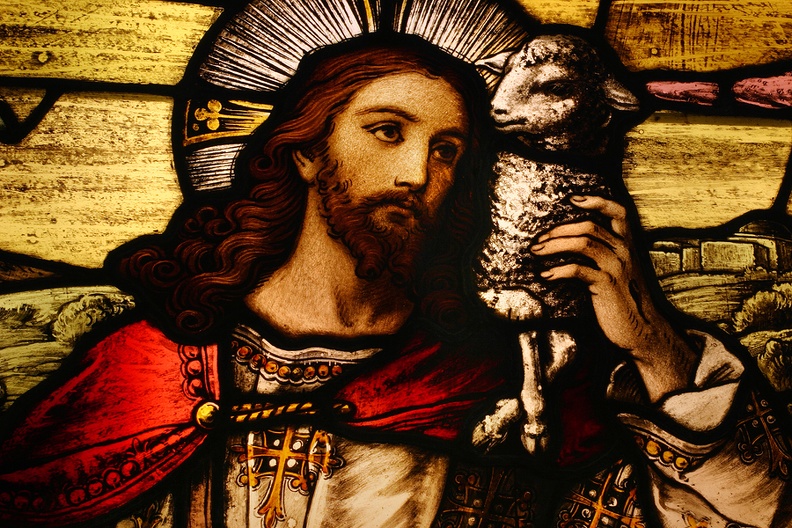
“...And I Will Lay Down My Life For My Sheep.”
04-21-2024Weekly ReflectionFr. Manasseh Iorchir, VCWe know that the most important proof for the Resurrection of Jesus is neither the empty tomb on Easter Sunday nor the testimony of Mary, Peter and John the beloved who “saw and believed.” The most reliable proof for the Resurrection lies in examining the dramatic change in the attitude of the Apostles and disciples after the Resurrection in comparison to their attitude before the Resurrection. It is obvious that the Apostles exhibited attitudinal transformation after they saw Christ.
READ MORE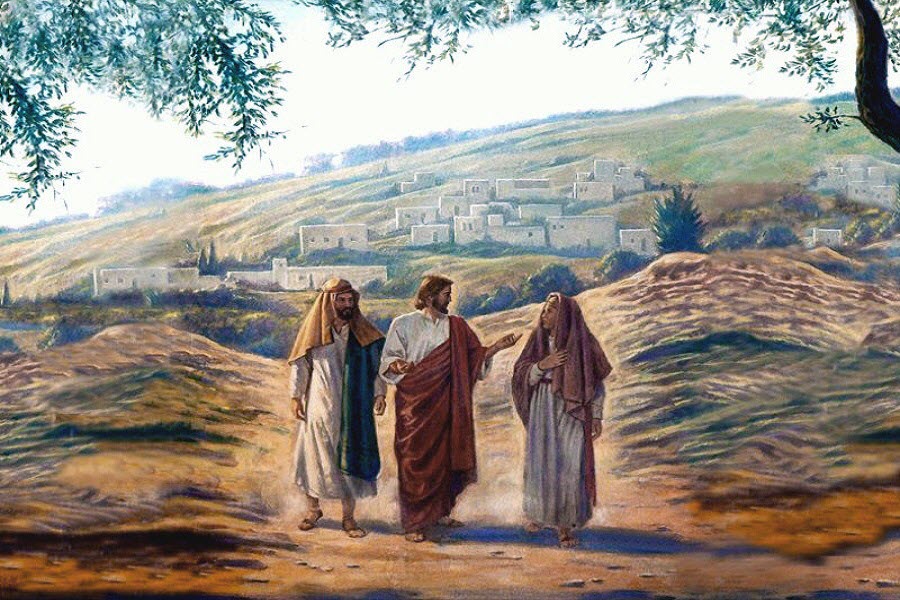
You Are Witnesses To These Things
04-14-2024Weekly ReflectionFr. Manasseh Iorchir, VCEach Liturgical Year, between Easter Sunday and Pentecost Sunday, the First Readings at most Masses are taken from St. Luke’s Acts of the Apostles. This is intentionally arranged by the Church to afford us the opportunity to reflect on how the Apostles reacted and responded to the Resurrection of Jesus, and how their reaction to the unique experience of Christ’s Resurrection influenced the happenings that shaped the evolution of the early Church. The Readings at the liturgy this weekend explore the conviction of the Apostles that Christ’s Passion and Resurrection had been foreshadowed all along through Israel’s Scripture and history. At the Resurrection of Jesus, every piece of the history of salvation, as presented in the Scriptures, suddenly fell into place and began to make sense to the Apostles who now understood what was hitherto a mystery to them. They could now clearly see that God had planned all that happened in accordance with His Holy will, and that Christ is the fulfillment of the prophecies of Israelite Scripture.
READ MORE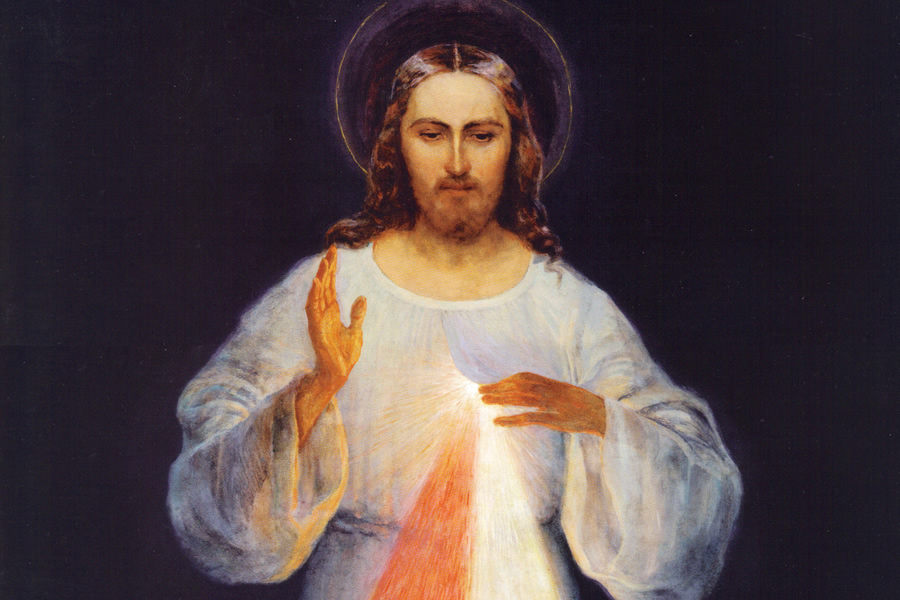
Receive the Holy Spirit. Whose sins you forgive are forgiven them.
04-07-2024Weekly ReflectionFr. Manasseh Iorchir, VCOn April 30, 2000, the First Sunday following Easter and the Sunday that completed the Octave of Easter, Pope John Paul II both canonized Sister Faustina Kowalska (a Polish nun who saw visions of Christ in which Our Lord asked her to be an Apostle of Divine Mercy) and declared in his Homily of that day his own desire that the “Second Sunday of Easter…. From now on throughout the world will be called ‘Divine Mercy Sunday.’” Following these holy wishes of the Holy Father, on May 5, 2000, the Congregation for Divine Worship and the Discipline of the Sacraments issued a decree officially establishing the Second Sunday of Easter as “Divine Mercy Sunday.”
READ MORE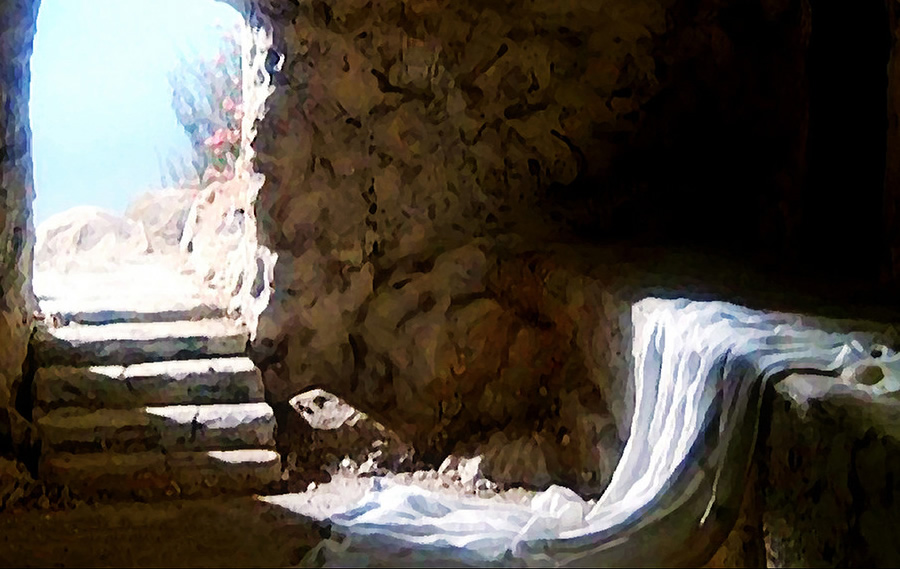
ALLELUIA CHRIST IS RISEN!
03-31-2024Weekly ReflectionFr. Manasseh Iorchir, VCOur hearts are full of joy and hope as we celebrate Easter, the Resurrection of our Lord Jesus Christ, whose Passion and Death we commemorated on Good Friday. Easter is a season of joy and hope. We are joyful because God triumphed over the evil of death in the Resurrection of His Only Begotten Son. We are hopeful because having died with Him in our baptism, His Resurrection provides the much-needed assurance that we shall rise with Him in our daily endeavors and ultimately after our earthly sojourn (as long as we remain faithful to our baptismal promises). Just as the Resurrection of Christ in Jerusalem restored the dwindling flame of faith among His disciples, so will the celebration of it in our time rekindle and invigorate the dying flame of faith, hope and love in our individual selves, in our community, and in our faith assembly.
READ MORE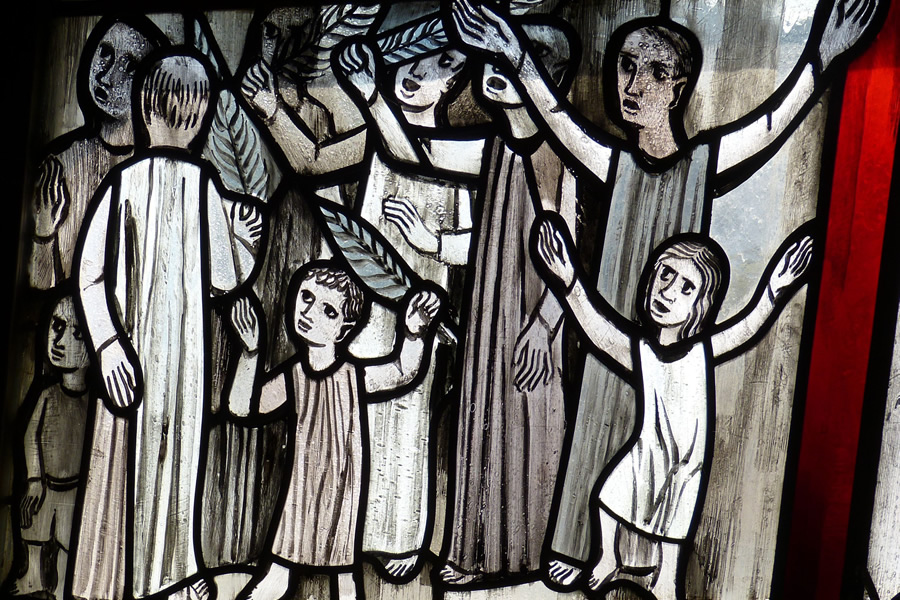
Truly This Man Was the Son of God
03-24-2024Weekly ReflectionFr. Manasseh Iorchir, VCPalm Sunday of the Passion of the Lord ushers us into Holy Week, the Week during which we shall commemorate the Passion, Death and Resurrection of our Lord Jesus Christ. Palm Sunday begins with the proclamation of Jesus’ triumphal entrance into Jerusalem where He taught for awhile before the commencement of His passion and death which He endured in order as the perfect Lamb of Sacrifice (Gen 22:8) in order to reconcile all people to God and to restore the world to righteousness. There are two Gospel passages read at the Liturgy on Palm Sunday.
READ MORE
I will make a new covenant with the house of Israel
03-17-2024Weekly Reflection Fr. Manasseh Iorchir, VCIn last weekend’s reflection on the First Readings in the Holy Season of Lent “Year B,” we noted how God’s numerous initiatives to establish and sustain a covenant relationship with man led to the Noahic Covenant, the Abrahamic Covenant, and the Mosaic Covenant with the emerging nation Israel. The people, led by their princes and priests, deviated from the terms of this Covenant necessitating a response from God who is just and merciful. When it was obvious that the Old Covenant had failed as a result of Israel’s notorious unfaithfulness, God decided to establish a New Covenant, this time not only with the nation of Israel but the whole of humanity.
READ MORE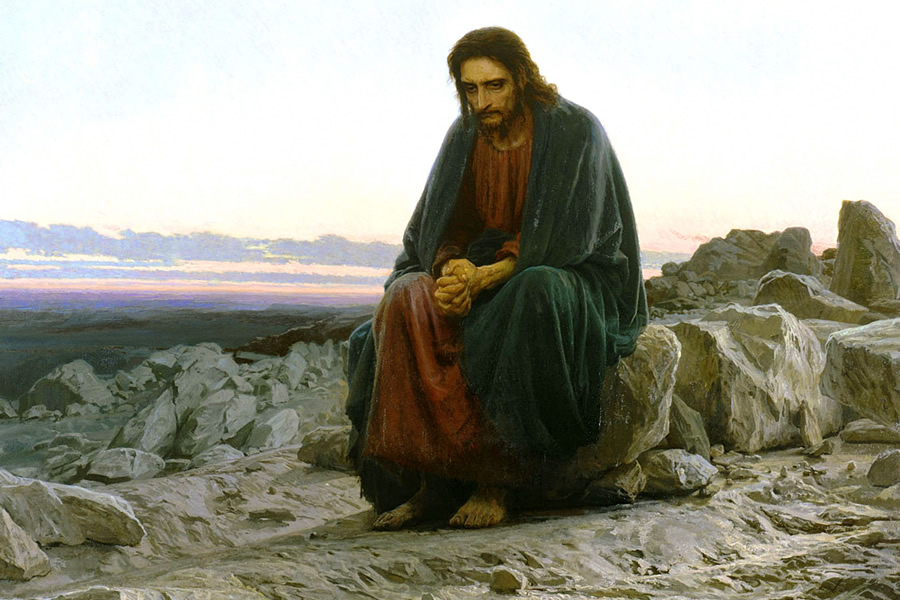
Whoever Believes In Him Will Not Be Condemned
03-10-2024Weekly ReflectionFr. Manasseh Iorchir, VCThe First Readings of the Sundays of the Season of Lent for “Year B” are arranged in such a way that they follow a certain order in the history of salvation. The First Reading of the First Sunday of Lent introduces us to the covenant God made with Noah after the flood. On the Second Sunday of Lent, we are reminded of the Covenant between God and Abraham, our father in faith. This is followed by the Sinai experience on the Third Sunday of Lent where God made a Covenant with the people of Israel who were now in the process of becoming a nation. This weekend, the Fourth Sunday of Lent, the First Reading dwells on how Israel deviated from the terms of the Covenant thereby incurring the wrath of God. God responded by allowing them to be exiled, and the Lord showed them mercy by using a pagan King to restore them to their land and faith. We shall read about the promise of the New Covenant from the prophet Jeremiah next Sunday, and on Passion Sunday, we shall begin the celebration of the consummation of this New Covenant through the salvific work of the suffering servant.
READ MORE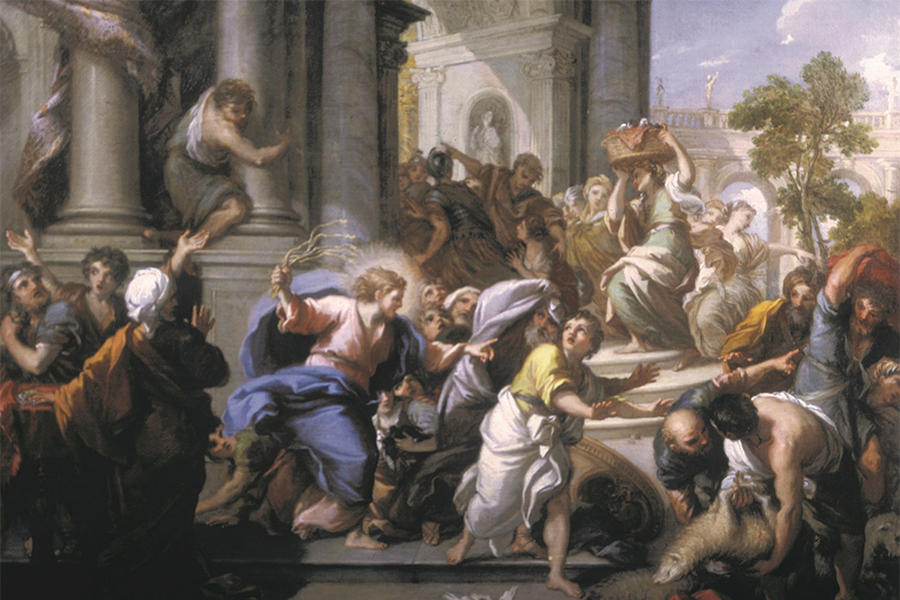
Zeal For Your House Will Consume Me
03-03-2024Weekly ReflectionFr. Manasseh Iorchir, VCIn every relationship that involves two or more persons, there are usually rules that define the basis of such a relationship, guide its progress and sometimes state what is prohibited for the continuous existence of such a relationship. The rules could be written, oral or simply left to the understanding of the parties involved. From the call of Abraham, God indicated that He intended to have a relationship with his descendants. When they crossed the Red Sea, Israel crossed not only from slavery to freedom, but also from a loose collection of tribes to a developing nation.
READ MORE